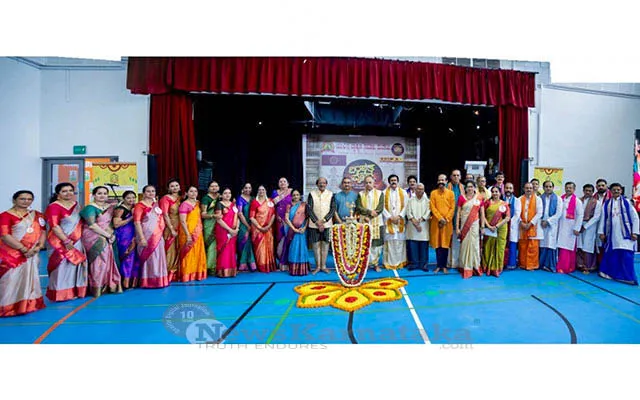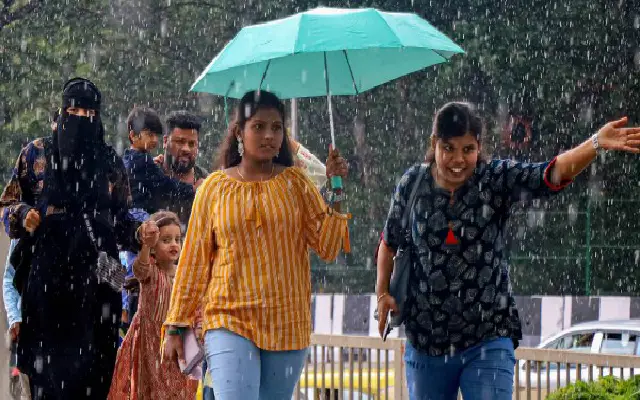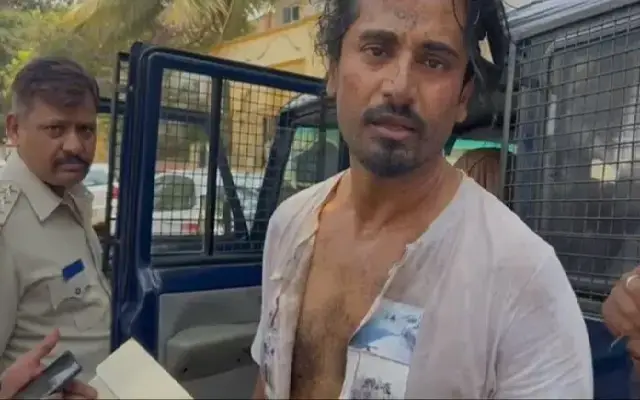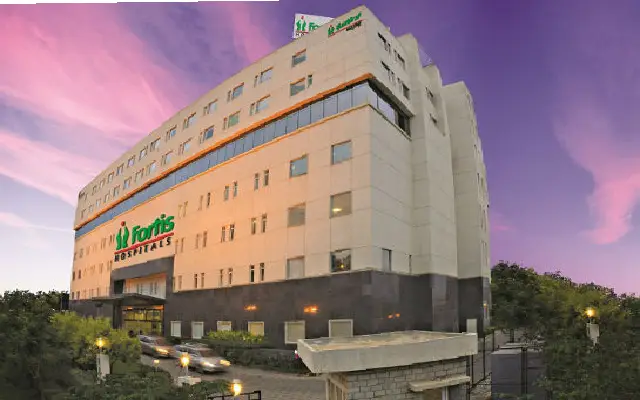 Since the establishment of democracy by the Athenians led by Cleisthenes in 508-507 BC, the concept and its principles have undergone several changes. All the same, its original meaning as ‘people’s strength’ still remains. Democracy literally means the rule by the people. Of course, the full development of democracy was done by Pericles, the Athenian statesman. It went on to make Athens the political and cultural centre of Greece. Indeed, the Romans took over from the Grecians the concept of democracy and thereafter it was only in the eighteenth century that intellectuals attempted to throw monarchy or aristocracy out and establish democracies in Europe, Asia and Africa. The Indian freedom struggle and the leadership of the Mahatma had influenced many nations in Asia and Africa to liberate themselves from colonial rule. Modern representative democracies believe in the right of each individual to life and living.
Since the establishment of democracy by the Athenians led by Cleisthenes in 508-507 BC, the concept and its principles have undergone several changes. All the same, its original meaning as ‘people’s strength’ still remains. Democracy literally means the rule by the people. Of course, the full development of democracy was done by Pericles, the Athenian statesman. It went on to make Athens the political and cultural centre of Greece. Indeed, the Romans took over from the Grecians the concept of democracy and thereafter it was only in the eighteenth century that intellectuals attempted to throw monarchy or aristocracy out and establish democracies in Europe, Asia and Africa. The Indian freedom struggle and the leadership of the Mahatma had influenced many nations in Asia and Africa to liberate themselves from colonial rule. Modern representative democracies believe in the right of each individual to life and living.
As the third decade of the third millennium begins, anyone with a head over his shoulders wonders at the strange happenings in democracies and pauses for a moment to ask, ‘Wither Democracy?’
The United Nations Organisation established the definition of a new economic paradigm in April 2012, when Ban Ki-moon was the Secretary-General, in a meeting chaired by him. In that meeting, Jigmi Thinley, Prime Minister of Bhutan, designed a Wellbeing and Happiness Index for all member nations. Bhutan became important because the country adopted Gross National Happiness instead of Gross National Product as their major development indicator. The new paradigm was based on the Cantril Ladder Survey on a scale of 1 to 10 with data from the Gallop World Poll in which fourteen core areas had questions to be answered by people from each country. From 2016, the World Happiness Report used to be published on 20th March each year which is also the UN’s International Day of Happiness. In 2020, Finland topped the list with Afghanistan as the last, with Zimbabwe and South Sudan just above Afghanistan. Finland, a country of lakes and forests and landscapes has been listed first in the World Happiness Report from 2018 – 2020, three years in succession. Its capital Helsinki is ranked the happiest city in the world.
In a seminar on ‘People, Planet and Profit’ organised by Indian Chamber of Commerce in 2018, the late Pranab Mukherjee, the former President of India said that as a country, India needs to put equal focus on social, environmental and financial development. He called it Triple Bottom Line Accounting Framework. At that time, India was the sixth largest economy in the world. However, India was rated 140th in the World Happiness Report under United Nations Sustainable Development Network in which 156 countries were ranked. The former President stressed on the importance of Triple Bottom Line Accounting Process and the need for making India a happy country.
It may be interesting to note that in the World Happiness rating, Pakistan had 5.693 points whereas India had only 3.573 points. India slipped four positions down in March 2020 and become 144th in the list.
Happy Planet Index was established by New Economic Foundation in 2006. What the foundation does is a study leading to an index of human wellbeing and environmental impact based on subjective life satisfaction, life expectancy at birth and ecological footprints per capita. Costa Rica topped the Planet Index rankings. In 2016, out of 140 countries, Costa Rica topped the list for the third time in succession with Chad, Luxemburg and Togo at the bottom. India is the fiftieth in the World’s Planet Index with a score of 29.2 as per the survey. Pakistan has 31.5 scores and ranks 36th of all the countries analysed, fourteen positions above India, whereas, Sri Lanka has 28th position with a score of 33.8 among all countries which are analysed. Bangladesh ranked 8th as per the New Economic Foundations Happy Planet Index with 38.4 points, whereas Costa Rica on top had 44.7 points.
Netherlands has a ranking of 18 in the Happy Planet Index. Researchers say that it does better than Europe as a whole. The social and institutional trust and social connections are very practical as per the report of 20 March 2020. Netherlands is also ranked as the world’s sixth happiest country in the World’s Happiness Report of 2020 by the United Nations Organisations. It is considered one of the jolliest countries in the world. The Gallup World Poll reports that it was slightly less contented than it was in 2012. However, it has to be noticed that it is only the people of Finland, Denmark, Switzerland, Iceland and Norway who were happier than those in Netherlands.
Why is all these data brought up? It is to focus attention on what happened in Netherlands just in the last week of January. There was a detection of the British variant of Corona Virus in Amsterdam, the official capital and it was spreading fast into the other cities. The authorities declared a lockdown, the first after the Second World War, and people protested. Large crowds poured into the streets and indulged in violence. Several malls were broken down, vehicles were burnt and even hospitals were attacked. What was surprising was that this demonstration of violence was against a lockdown which was supposed to be from 09.00 p.m. to 04.30 a.m. which would not have affected the regular routine of life of people. The world looked at Netherlands, one of the happiest countries in the world, reacting in the manner in which violence continued for three nights. The worst part of the report was about the attack on malls and other shops and the stealing of materials including food stuff from malls and shops by unruly crowds. One wonders what had happened to the happy people of Netherlands to behave so violently against a lockdown that was clamped only late at night.
The world witnessed an unexpected happening in Washington in the first week of January 2021 at the Capitol, considered the citadel of American democratic functioning. Crowds of supporters of the defeated presidential candidate stormed the senate while it was in session. They vandalized the building, breaking window panes and fixtures. Some of them even entered the chambers of the people’s representatives and threatened the lawmakers. The behaviour of the crowd was very unlike the normal Americans who carried with them their own opinions about the presidential elections. The whole world watched it with dismay and wondered what had happened to the supporters of the presidential candidate who was defeated. He had won support from about seventy million. The intellectuals asked a pertinent question about the representative nature of the crowd as far as the seventy million were concerned. Also, those who went into the Capitol and indulged in hooliganism were less than a thousand.
In our country too, there have been several protests against policies of the government. Many a time they have turned violent.
The farmer’s protest in Delhi also has to be considered on the same lines. The protestors were peaceful for more than fifty days in the expressions of their protest. They were given permission to conduct a Tractor Rally on a promise of parading through a fixed route and expressing their protest against the three farm laws. Sufficient discussions and preparation of a route map was done carefully. However, groups of people, either participants from among the movement itself or outsiders who sneaked in indulged in violence. There could be any amount of arguments that may be provided by the organisers stating that agents from the government were planted, who indulged in violence to bring disrepute to them. None of these will justify the fact that the crowd indulged in violence and they moved away from the declared and agreed route.
Here is where the question has to be asked ‘Wither Democracy?’
All three descriptions above, from Amsterdam, Washington and our own country are examples of expressions of disapproval by people of one issue or another. However, what has to be noticed is that in all these cases, there has been violence indulged in by a small group of people by breaking laws, rules and regulations. In any movement, there are fringe elements who function on the borders of indiscipline, violence and greed and they express themselves at given moments of time, rather stealthily, and destroy the peacefulness of any movement.
All organisations have this set of people amidst them. The more powerful they become within the organisation or any movement, the more easily do they take over. Unless the leadership is very powerful, these fringe elements cannot be regulated, especially when the organisations have large membership. Political parties have greater responsibilities in regulating the expressions of their protest. It is true that they have a right to protest. However, this should be within the parameters of the organisational structure and when some members are found to be erring, it is the responsibility of the leadership to keep them out or to collar them. In India, there are political parties and trade unions, and sometimes even cultural organisations that go beyond the social freedom that is allotted to them and pick on other groups, communities and organisations. In their expressions, they are not only violent in their language but also in their actions. All organisations, especially political parties, have a responsibility to bridle these groups of people for the sake of the country’s peacefulness and creative growth.
A country like India can progress because a privileged group of people own the assets of the country, and therefore, can be a robust economy. The Gross National Product could be high. However, the Gross National Happiness need not be assured by it.
It is high time that political parties, trade unions and movement leaders look at themselves to organise and regulate the fringe elements that fling free and indulge in different forms of violence, some of which may even be bloodless. That is why the question ‘Wither Democracy?’ has to be raised in different forums in different times and by peace-loving citizens of the country. The responsibility of controlling the fringe elements is more on the ruling parties in comparison with those in the opposition because the latter has less power to organise and indulge in lawlessness, especially because the law enforcing agencies are always with the ruling party. Democracy has to be protected because it is the best form of governance that the humans have discovered till now and it has global acceptance. Similarly, all peace-loving people have to raise their voice at the highest pitch possible making statements against violence.
Sunney Tharappan
The author is Director of College for Leadership and HRD. He writes and trains and lives in Mangaluru.


















